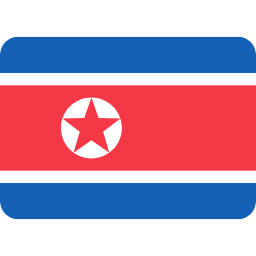Korean Language Course
Korean is the official language of both North Korea and South Korea, as well as one of the two official languages in Yanbian Korean Autonomous Prefecture in China. It is spoken by millions of people around the world and has gained popularity due to the global influence of Korean pop culture, music, and entertainment.
South Korea is known for its strong emphasis on exports. Major industries include automobiles, electronics, shipbuilding, steel, and petrochemicals. Key companies like Samsung, Hyundai, LG, and SK Group have a global presence.
Download Brochure

Benefits of Learning Korean
- Proficiency in Korean can open up career opportunities, particularly if you are interested in working in international business, trade, or companies with ties to South Korea. Many global businesses value employees who can communicate in Korean.
- If you are interested in fields such as Korean studies, East Asian studies, or linguistics, learning Korean is essential for conducting research and accessing academic resources.
- Business and Trade South Korea is a major player in the global economy. Knowledge of Korean can be advantageous if you are involved in international trade, negotiations, or business ventures involving South Korean companies.

TOPIK I (1)
Duration: 50 Hours
This level is designed for beginners. At this stage, you should be able to handle basic Korean conversations and understand straightforward questions and responses.
You will have a basic grasp of Korean grammar and vocabulary.




TOPIK I (2)
Duration: 50 Hours
- Slightly more advanced than TOPIK I (1), this level expects you to have an expanded vocabulary and a slightly better command of grammar.
- You should be able to handle more complex sentences and engage in basic discussions.


TOPIK II (3)
Duration: 50 Hours
- This is the first intermediate level. At this stage, you should be able to comprehend and create sentences of moderate complexity.
- Your vocabulary should be sufficient for discussing various topics, and you should be able to understand conversations on common subjects.




TOPIK II (4)
Duration: 60 Hours
- This level signifies a higher degree of proficiency.
- You should be able to discuss a wide range of topics, understand abstract content, and express yourself in writing with more fluency.
- Your understanding of complex grammar structures and idiomatic expressions should improve.


TOPIK II (5)
Duration: 80 Hours
- At this level, you should have a strong command of the Korean language.
- You should be able to understand and participate in discussions on a wide range of topics, both in spoken and written forms.
- Your ability to comprehend and use advanced vocabulary and grammar should be evident.




TOPIK II (6)
Duration: 80 Hours
- Represents the highest level of proficiency in the TOPIK system.
- This is near-native proficiency, where you should be able to understand and engage in discussions on a broad spectrum of topics, including academic and abstract subjects.
- Your writing and speaking skills should be highly developed, and you should be able to use complex expressions and idiomatic language.


International Exam Preparation
TOPIK-I is divided into two sections: reading and listening. After completing level 1 and 2, a person can appear for the TOPIK-I Exam. TOPIK II is a combination of intermediate-advanced levels, divided into three sections: reading, listening, and writing. After completing level 3-6 a person can appear for the TOPIK-II Exam.
TOPIK is the official standardized test for Korean language proficiency for non-speakers administered by the Korean government. TOPIK test measures proficiency in reading, writing, and listening comprehension in the Korean language. The test results can be used for local university applications as well as for employment purposes.

